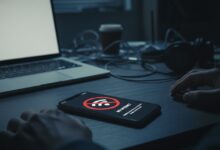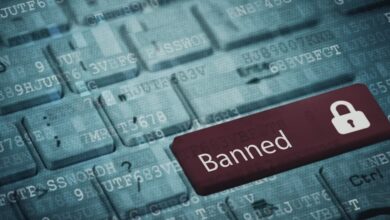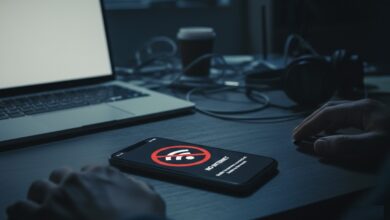Why Was Irancell’s CEO Replaced? Speculation Points to Defiance of Internet Shutdown Orders

Reports suggest the leadership shake-up at Irancell stems from the operator’s alleged refusal to immediately sever global internet access during recent unrest.
Allegations of Delaying the Blackout
In the initial days following the unrest, the same agency criticized Irancell in a separate report, stating the operator implemented the blackout “later than usual.” This delay has fueled rumors that the management overhaul is a punitive measure for the events of January 8.
Officially, Irancell Public Relations announced the appointment of Mohammad Hossein Soleimanian as the new CEO, replacing Alireza Rafiei. The statement claimed the former CEO would move on to become the Deputy CEO of Iran Electronics Industries. However, Fars News (in its retracted report) emphasized that its investigations showed the claim of a promotion for the dismissed CEO was unfounded.
Despite the removal of the article, an analysis by Zoomit reveals that users in the comments section of the agency are explicitly referencing the incident, with some demanding the prosecution of the former CEO.
Corroboration from Multiple Sources
Rumors regarding the motivation behind this reshuffle are not limited to the deleted Fars report. Tasnim News Agency also alluded to the issue in a report published yesterday.
Tasnim stated:
“Although some news outlets reported the Irancell CEO transition without mentioning the cause, sources had previously indicated that certain mobile operators committed violations during the early hours of the unrest on Thursday, January 8, by defying directives to disrupt communications related to the disturbances.”
Calls for Prosecution
Irancell has not yet officially responded to these reports. However, the political pressure is evident. The Head of the Islamic Propagation Organization, speaking at a student gathering at the University of Tehran, remarked without naming specific individuals:
“When the order came to shut down the internet, whoever hesitated [and delayed the shutdown] until 10:00 PM must certainly be prosecuted.”
Given the timing of this speech coinciding with the news of the management change, the statement is widely interpreted as a direct reference to the former leadership of Irancell.






